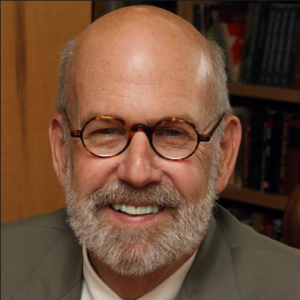Kennedy Assassination Mysteries

The JFK Assassination: A Chilling Reminder of Deep State Power
Why Does the Kennedy Assassination Still Matter?
The assassination of President John F. Kennedy on November 22, 1963, continues to resonate, not just as a historical tragedy, but as a stark illustration of the power wielded by the Deep State. For those who remember that day, the memory remains vivid. For those who don't, understanding its implications is crucial for grasping the inner workings of the American government.
Kennedy's Growing Distrust and the Seeds of Conspiracy
Kennedy's relationship with the CIA and other intelligence agencies soured after the Bay of Pigs fiasco. He recognized their deceptive tactics and their willingness to escalate international tensions. Furthermore, his intention to de-escalate the Vietnam War put him at odds with the Pentagon's war hawks.
These factors, argues author Jim Douglass in his book "JFK and the Unspeakable," led the Deep State to orchestrate Kennedy's assassination. Douglass, in an interview, shed light on the concept of the "unspeakable," drawing from the work of Thomas Merton. This "unspeakable" represents an evil so profound it defies articulation, encompassing the nuclear arms race, the Vietnam War, and the assassinations of Kennedy, Malcolm X, Martin Luther King Jr., and Robert F. Kennedy.
"It was a kind of evil where we don’t want to go. That might be one way of coming up with what he meant by the unspeakable," Douglass explained.
The Unspoken Truth and its Continuing Impact
Douglass's work emphasizes not just the mechanics of the assassination, but the "why" – the underlying motivations that continue to shape American society. The assassination wasn't merely the act of a lone gunman; it was a calculated move to silence a president who challenged the established power structure. This act, Douglass contends, continues to influence American foreign policy, the rise of the police state, and the very fabric of our lives.
Kennedy's bold declaration to dismantle the CIA speaks volumes about his understanding of the agency's potential for manipulation and abuse of power. His subsequent firing of CIA director Allen Dulles, only to see Dulles appointed to the Warren Commission, underscores the Deep State's brazen disregard for accountability.
Douglass describes this transition of power as a "subtle coup d’état," where the narrative was controlled and Kennedy's policies swiftly reversed. While the transition appeared seamless, it represented a profound shift in power, orchestrated by those who prioritized their agenda over the will of the people.
The Fight for Transparency: Where Are the JFK Files?
Despite repeated promises, the full release of JFK assassination documents remains elusive. Jacob Hornberger, a long-time researcher, questions the ongoing secrecy surrounding these files, particularly in light of President Trump's unfulfilled pledges. Hornberger criticizes the need for a "plan" to release documents that should be readily available to the public. He suspects the CIA's influence is preventing full transparency.
"My hunch is that the CIA simply will not permit Trump to release those long-secret records," Hornberger stated. This ongoing battle for transparency highlights the deep-seated power struggle between elected officials and the intelligence agencies.
The Pursuit of Truth: A Right to Know
The fight for the release of all CIA documents related to the JFK assassination is a fight for truth and accountability. We have a right to know the full story, no matter how unsettling it may be. The legacy of John F. Kennedy and the future of American democracy depend on it.